
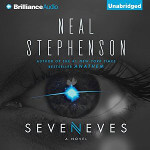 Seveneves
Seveneves
By Neal Stephenson; Read by Mary Robinette Kowal and Will Damron
Publisher: Brilliance Audio
Publication Date: 19 May 2015
[UNABRIDGED] – 31 hours 55 minutes
Themes: / science fiction / apocalypse / space station / humanity / disaster /
Publisher summary:
What would happen if the world were ending?
A catastrophic event renders the earth a ticking time bomb. In a feverish race against the inevitable, nations around the globe band together to devise an ambitious plan to ensure the survival of humanity far beyond our atmosphere, in outer space.
But the complexities and unpredictability of human nature coupled with unforeseen challenges and dangers threaten the intrepid pioneers, until only a handful of survivors remain….
Five thousand years later, their progeny—seven distinct races now three billion strong—embark on yet another audacious journey into the unknown…to an alien world utterly transformed by cataclysm and time: Earth.
Executive Summary: Another interesting book from Mr. Stephenson, that was somehow a bit too short for me despite its 32 hour duration. This one won’t be for everyone, but I’d put it on par with many of his previous books.
Audio book: This was my first time listening to a book narrated by Mary Robinette Kowal. She’s really excellent. So excellent, that I was pretty disappointed when it changed to Will Damron for Part 3. I’m not sure why they did this. Was Ms. Kowal too busy to finish recording? Was it intentional?
That isn’t to say Mr. Damron is a bad narrator. I just didn’t like him as much as Ms. Kowal, and the change in narration was jarring. If there was any place in the book it was appropriate to change, it was with Part 3, but I think it would have been better suited if they had just stuck with Ms. Kowal.
Full Review
I’ve been a fan of Mr. Stephenson ever since picking up Snow Crash back in college. I haven’t read all of his books, but I’ve enjoyed all but one of those that I have.
I had no idea what this book was about when I volunteered to review it. Much like most of his work, it’s long. The start is a bit slow, and as usual it goes off on tangents and into way more detail than is necessary on things. In some of his books, I’ve enjoyed those tangents and the excess of detail. In others, less so. This one was somewhere in the middle for me.
This is the kind of thing that will turn many readers away early on. I was never bored myself, but I wasn’t really engaged in the book until nearly halfway. In a book this long, that will be too much of a commitment for many. However, I suspect if you enjoy the detail and tangents, you’ll be engaged much sooner.
This book is split into three parts. The first part is essentially a present day disaster story. The second is largely a space opera, and the third is a bit of a post apocalyptic tale.
Many authors might have focused on one aspect of this story. Instead of giving us bits of history that help shaped the world of part 3, we live many of the details in parts 1 and 2. For me personally, I would have liked part 1 to be shorter with more time spent on part 3. Part 2 was my favorite of the book, but that may be because I felt despite being a third of the book, part 3 ended too soon.
I have questions still. A lot of them. Is Mr. Stephenson planning a sequel that will contain some of these answers? I hope so.
This isn’t a case of a long book that abruptly ends though. For me the issue is that Mr. Stephenson did such a good job with the world building that I want more. I felt like there wasn’t enough. I would have happily sacrificed much of the present day (which I found slower anyways), for more time in the future story with the world he created.
Mr. Stephenson doesn’t spend all the time on world building either. He develops several interesting characters that are used to make most of the story character-driven. We have a largely female cast, and somewhat diverse background for most of them.
Overall, while this isn’t my favorite Neal Stephenson book, I really enjoyed it, and I hope we get another book set in the same world that he built in part 3.
Review by Rob Zak.
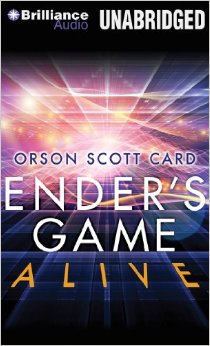

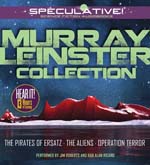 Murray Leinster Collection
Murray Leinster Collection Kurt Vonnegut Jr. Collection
Kurt Vonnegut Jr. Collection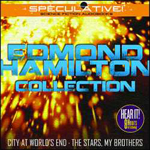 Edmond Hamilton Collection
Edmond Hamilton Collection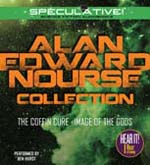 Alan Edward Nourse Collection
Alan Edward Nourse Collection

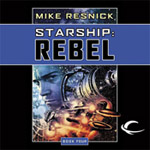
 Starship: Rebel
Starship: Rebel